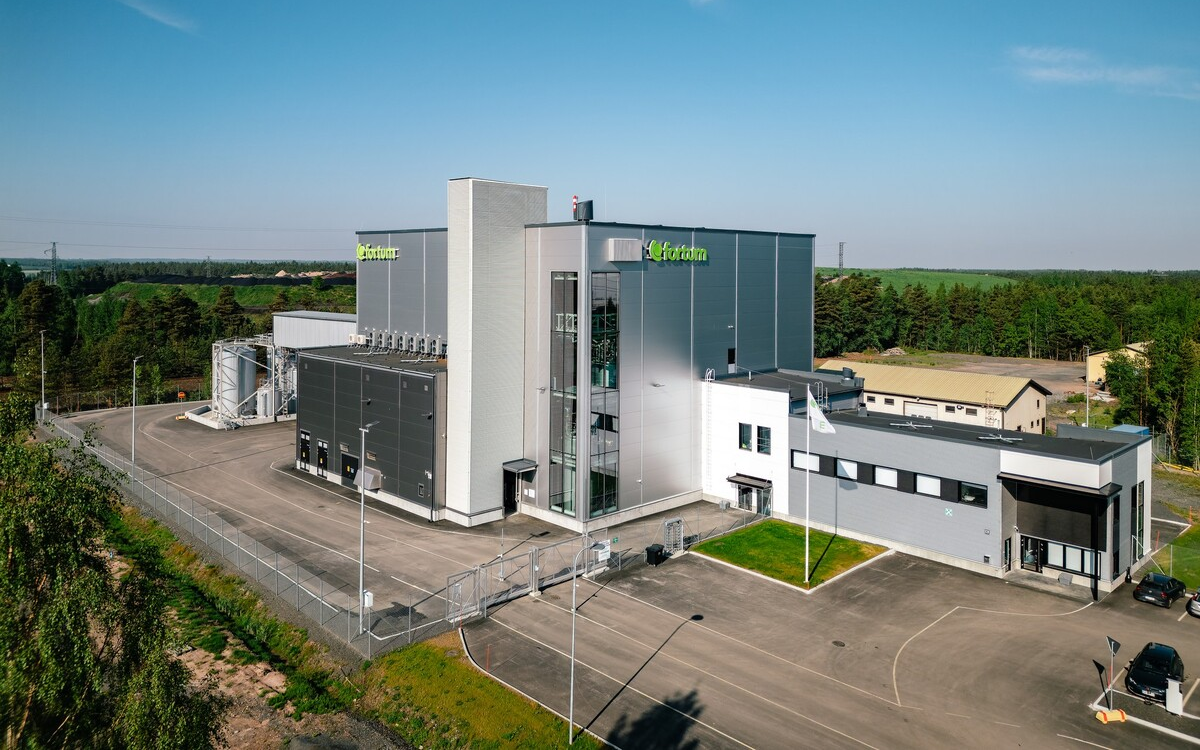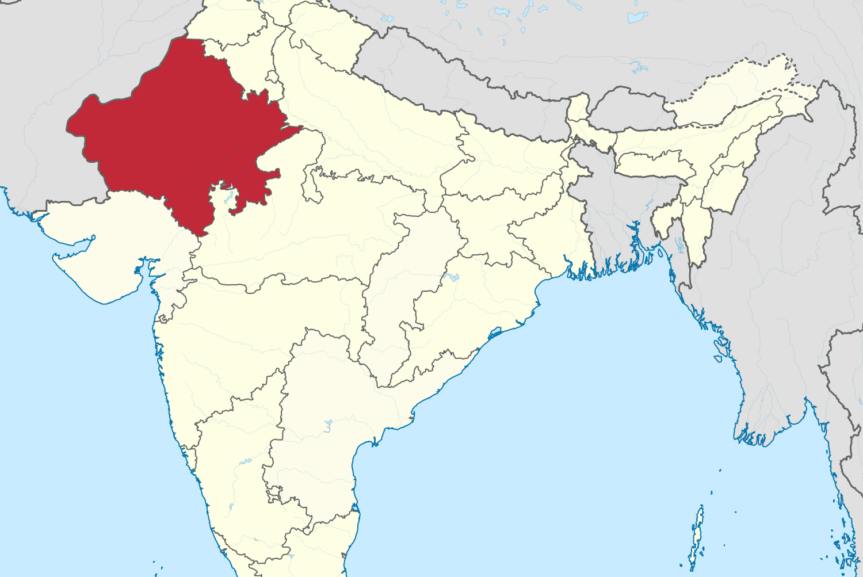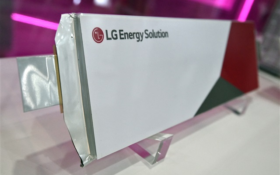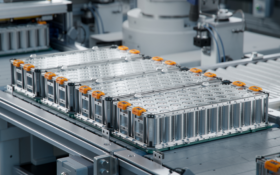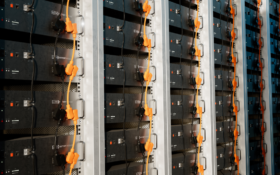Fortum Battery Recycling, a part of the Finnish Fortum energy group, and Marubeni, the Japanese trading house, have entered a preliminary agreement and signed a memorandum of understanding to jointly build a sustainable lithium-ion battery recycling chain, focusing on graphite recycling.
Marubeni will support Fortum in supplying in-process waste materials and process chemicals. The next step will be seeking for graphite and lithium recycling technologies, to develop a recycling value chain. Both companies will continue to explore other potential business opportunities and promote sustainable growth in the clean energy field.
Fortum is producing recycled graphite from EV battery waste. Graphite is suitable for use in several industrial applications, and it can be further developed for EV battery anodes. Fortum operates Europe’s largest closed-loop hydrometallurgical battery recycling facility in Harjavalta, Finland, and pretreatment and mechanical operations hubs in Germany and in Finland.
Marubeni has a green strategy in its mid-term business strategy. The group exercises a diverse range of business activities across wide-ranging fields including food, forest products, chemicals, metals & mineral resources, energy, power, infrastructure project, aerospace & ship, finance, construction and industrial machinery & mobility.
Fortum and Marubeni hope that this partnership will enable the parties to play a key role in the European market for recycled lithium-ion battery materials and hence contribute to the realisation of a sustainable society.
“We are very excited to be cooperating with Marubeni to explore potential business opportunities within graphite recycling. An average electric vehicle (EV) car battery contains about 52kg of graphite. At the same time, 40% of raw natural graphite is imported from China and technologies for graphite recycling do not yet exist on a commercial scale. Fortum Battery Recycling aims to change this, as we are working on our own graphite recycling technology, “ said Tero Holländer, Head for Battery business line, Fortum Battery Recycling.
By 2030, natural graphite is projected to have among the largest supply shortfalls of battery materials, with demand outstripping expected supplies by about 1.2 million metric tons, according to Benchmark.
Pic: Fortum Battery Technology. Closed-loop battery recycling unit in Harjavalta, Finland

